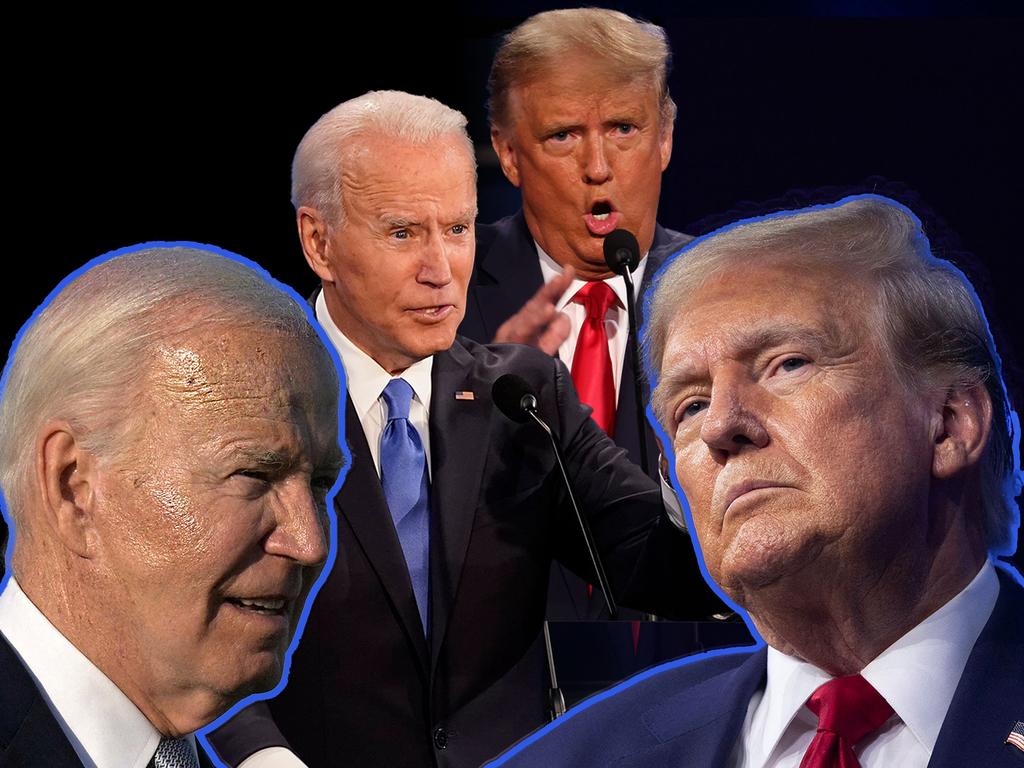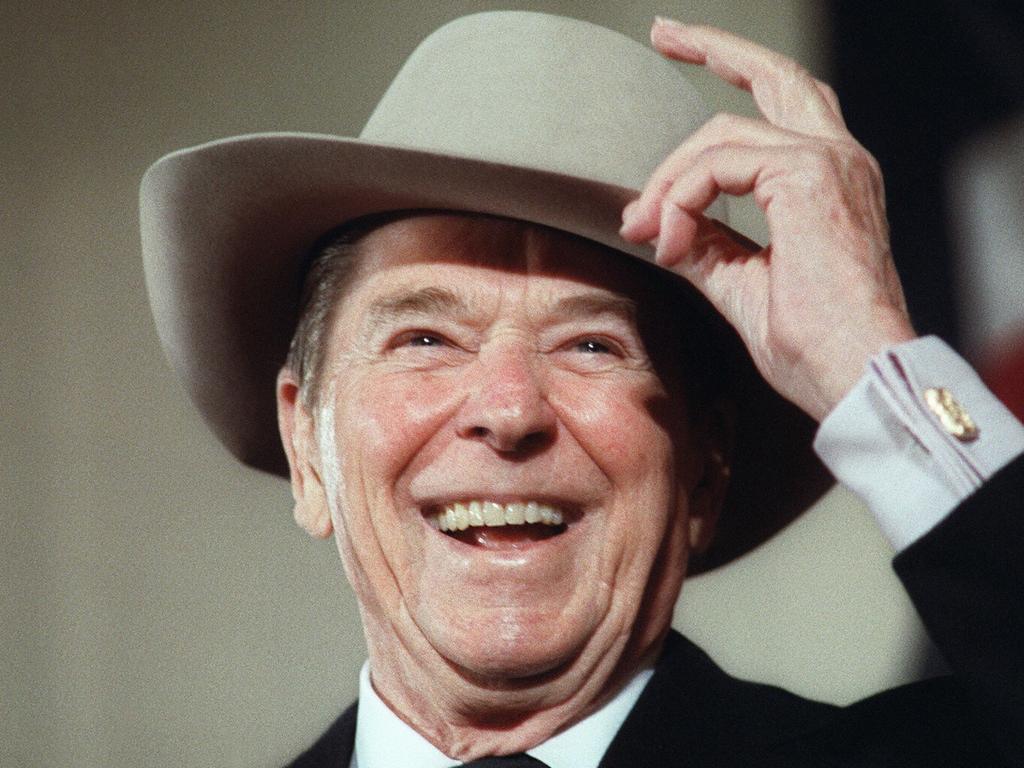Why the Biden-Trump debate is the most consequential since Kennedy-Nixon


But Biden should not be running for re-election. Born during World War II, Biden would be 82 years old if he retook the Oath of Office in January 2025, and 86 at the conclusion of another four-year term. He is a man of integrity, deeply committed to public service, with significant achievements, but he is not as mentally or physically agile as he once was.
However, this criticism pales into insignificance when you consider the risks of a Trump return. Biden might be slow and incoherent at times, but Trump is utterly unworthy of the presidency. He is a convicted felon, found liable for sexual assault, twice impeached, and faces a slew of other criminal charges. Trump represents an existential threat to the survival of US democracy and the rule of law.
Most presidents are re-elected; only Trump, George HW Bush and Jimmy Carter have been rejected by voters since World War II. (Gerald Ford was never elected.) Trump would be the only president to regain the White House since Grover Cleveland in November 1892.
Most Americans would prefer neither man ran for re-election. Biden is already the oldest president and Trump, now 78, would be the oldest elected president if he wins. They are both unpopular. Trump, though, has a small lead in most national and battleground-state polls. Even though I think Biden is well placed to win, Trump cannot be ruled out. It is too close to call.
It is why this first of two scheduled debates is critical. These contests offer a head-to-head platform to demonstrate competence and capacity for leadership, a vision for the country and the world, and an opportunity to identify flaws in their opponent. Nixon led in most polls before the first of four debates but Kennedy’s performance, in style and substance, helped him to a narrow victory in November 1960.
The debate will be moderated by CNN’s Jake Tapper and Dana Bash and run for 90 minutes, with two ad breaks. Biden and Trump will stand behind podiums with a notepad and pen but no prepared notes or props are allowed. Two rules will restrict Trump and help Biden. First, microphones will be muted when it is not a candidate’s turn to speak. Second, there will be no audience.
Biden’s foremost task in the debate is to demonstrate his mental and physical capacity for another four years in the White House. He can also point to significant achievements such as infrastructure investment, record job creation, the CHIPS (Creating Helpful Incentives to Produce Semiconductors) and Science Act, lowering the cost of medicines, student debt relief and appointing Ketanji Brown Jackson to the Supreme Court.
The President will also use the debate to launch an assault on his predecessor’s character and the danger he poses to the electoral system, legal and political institutions. Trump’s support for the Supreme Court overturning Roe v Wade is a big opportunity for Democrats. Biden also needs to show he understands why many Americans are disillusioned, facing cost-of-living pressures and feeling like outsiders in their own country.
The former president’s task is not to energise his already energised MAGA base, but to appeal to undecided or soft Republican voters who have, according to some polls, been drifting to Biden since Trump’s conviction. Trump needs to avoid juvenile nicknames and put-downs, and demonstrate he understands complex issues and has well thought out policies to address them. Immigration and crime are key issues for Trump.
The advantage for Biden is that Trump has accused him of being so infirm and doddery that even a moderately competent performance will be a win.
The bar is so low for Biden that it should be easy for the octogenarian to clear. He did well at the last State of the Union address. Trump also shows signs at rallies of being confused and unfocused, so the pressure is also on him to appear fit for office.
This election is an existential moment for the US and the weakening global order.
Trump’s “America First” strategy would again see traditional alliances and commitments under pressure. He withdrew from the Paris climate accords in his first term. He wants the US to exit NATO. Trump would likely withdraw support for Ukraine in its fight against Russia and has not given a rock-solid commitment to support Taiwan against China.
Maintaining close diplomatic relations with a president who scorns democracy and supports dictators and autocrats will be unpalatable for many US allies. Trump withdrew from the Trans-Pacific Partnership trade agreement, has pledged to end the Indo-Pacific Economic Framework and will introduce a 10 per cent tariff on imports from all countries. None of this is good for Australia.
For those former prime ministers and politicians, activists and commentators who support Trump, they are aligning themselves with a populist demagogue who tried to overturn an election. He promised to pardon the 1400-plus people charged and convicted over the Capitol riot he incited. He has talked about executing generals, jailing political opponents, suspending the constitution and being a dictator.
They should follow the example of John Howard, who told me Trump was “unfit” to be president again.
If Howard had a vote, he could not cast it for Trump given his “appalling”, “disgraceful” and “terrible” behaviour following the last election.
“I just thought that was a complete fraud on the American public and the democratic system,” Howard said of Trump’s attempt to stay in office unlawfully. Howard is right.
Trump’s behaviour must not be normalised and his statements dismissed as mere rhetoric. Dislike of Biden and the Democratic Party is not a legitimate reason to barrack for Trump. Much more is at stake than just one candidate or party over another.
Many of the presidents I most admire are Republicans (Abraham Lincoln, Ulysses S. Grant, Teddy Roosevelt, Eisenhower, Bush 41). They too could never support a Trump presidency.






The televised debate between Joe Biden and Donald Trump to be held in Atlanta, Georgia, on Friday morning Australian time could be the most consequential presidential election debate since John F. Kennedy first squared off against Richard M. Nixon in Chicago in September 1960. That debate transformed the election, and the Biden-Trump rematch could do the same.